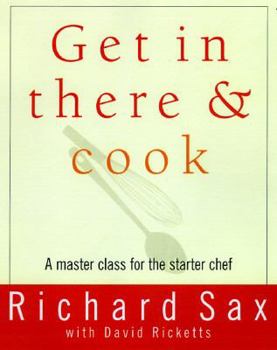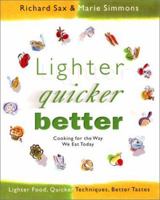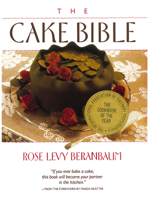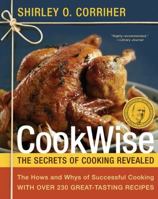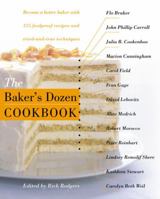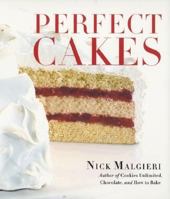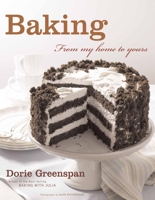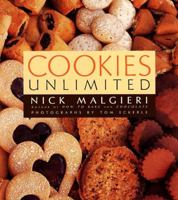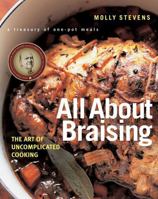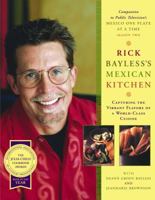Get in There and Cook: A Master Class for the Starter Chef
Select Format
Select Condition 
Book Overview
Richard Sax had a simple goal for this book: to take the fear out of cooking. "Take the time to learn a handful of basic cooking techniques," he writes in his introduction, "and you'll soon discover, if you haven't already, that working in the kitchen is fun." And fun it is with Richard as your teacher. Richard's cooking classes were always standing-room-only successes; he not only gave a method for a recipe, he also taught how cooking works. With Richard as benevolent friend, you'll soon see the kitchen as a room where you can be creative and relaxed. Here's everything you need to know to create a wonderful meal, from appetizers straight through to coffee and dessert. And before you even set foot in the kitchen, you'll learn how to read a recipe, compose a menu, get everything to the table at the same time, and clean up--there are even a handful of food safety tips. Seasoned cooks should also read on, for there is much of interest in these pages: Richard's enticing recipes. A hearty farmer's market vegetable soup. Soy-glazed broiled salmon with crisp, cool cucumbers. Winter pasta with fresh greens and roasted garlic. A New England boiled beef dinner. Honey-lemon glazed carrots and creamy mashed potatoes made without cream. And of course, the collection would not be complete without some of Richard's classic home desserts. What about a warm apple crumble cake? Or fudgy white chocolate chunk brownies? This is the kind of food reputations are built on. No exotic equipment needed here. Just the good sense to follow Richard's advice and enter the realm of cooking as high adventure. Now's the time to get in there-and cook! "Even if you have never cooked before, Richard's recipes will guide you and teach you how to serve delicious meals. And if you have cooked, these same recipes will inspire new dishes. They are all easy and wonderful. Richard's recipes are always a joy." -Maida Heatter, author of dessert cookbooks This description may be from another edition of this product.
Format:Hardcover
Language:English
ISBN:0517703580
ISBN13:9780517703588
Release Date:April 1997
Publisher:Clarkson Potter Publishers
Length:240 Pages
Weight:1.50 lbs.
Dimensions:1.1" x 7.7" x 9.5"
You Might Also Enjoy
Customer Reviews
4 customer ratings | 4 reviews
Rated 4 starsFor beginners and even some experienced cooks
By Thriftbooks.com User,
This book might be a little above the head of someone who's never boiled water, but for the cook without much experience but a lot of enthusiasm (as well as for cooks looking to improve their technique and try some new recipes), this is an excellent start. Sax is never patronizing or cutesy. Directions are extremely well-written and each recipe is chosen because it offers experience with a specific technique (like sauteeing...
0Report











